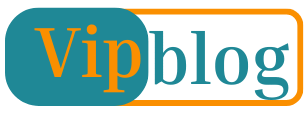Posted inUncategorized
Best Warm-up Exercises Before Weight Training
Your body must be properly prepared before lifting large weights. A proper warm-up improves performance, lowers the risk of injury, increases blood flow, and activates your muscles. Many novices neglect…

